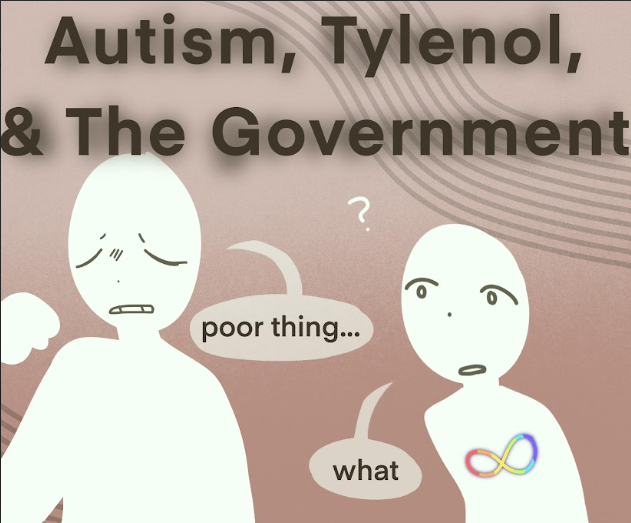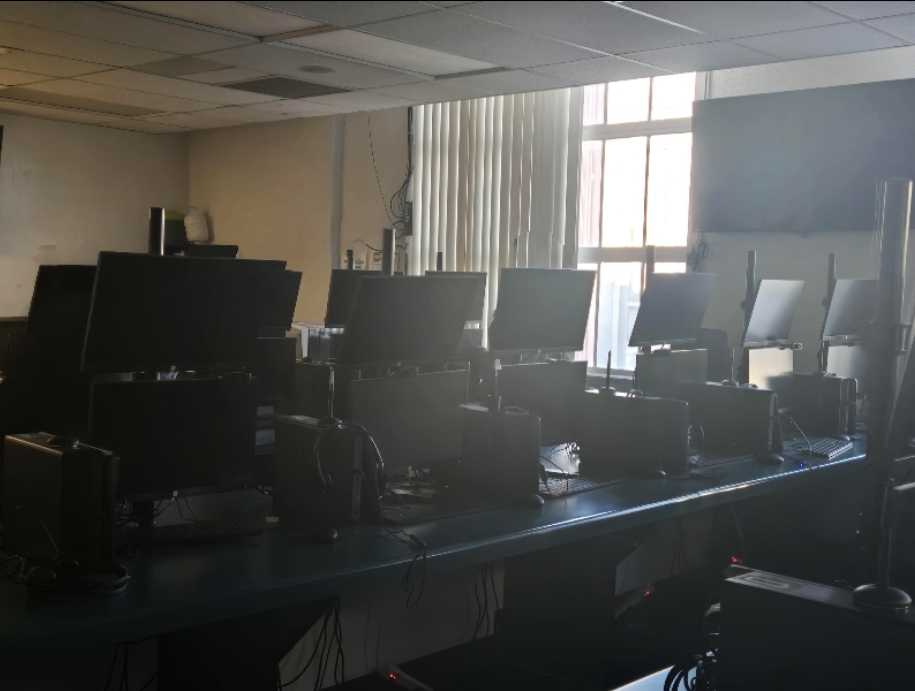Just a few days ago as of writing this, Las Vegas has had another shooting attack in downtown, with one dead. Gun violence remains a pervasive issue in the United States, sparking intense debates and discussions on gun control laws, public safety, and individual rights.
79% of all homicides and 53% of all suicides involved firearms. From 2019 to 2020, the firearm homicide rate increased about 35%, and the firearm suicide rate stayed high.
One huge factor that plays into America’s problem with gun violence is the fact that many people struggle with mental illness. An example of this being school shootings. Although school itself doesn’t create mental problems for people, many school-related factors could trigger many problems that can easily cause mental illness. Bullying, academic pressure, and even the competitiveness of the education system can impact students’ mental health.
Here are some policies and interventions that I believe can help the problems with gun violence:
- Universal Background Checks: Implementing comprehensive background checks for all firearm purchases is a widely supported measure to prevent individuals with criminal records or mental health issues from obtaining guns.
- Red Flag Laws: Red flag laws allow for the temporary removal of firearms from individuals deemed a risk to themselves or others. These laws provide a mechanism for intervention in cases where there are warning signs of potential violence or self-harm.
- Community-Based Interventions: Investing in community-based programs aimed at violence prevention, youth mentorship, and addressing underlying social determinants of violence can help reduce gun violence at its roots.
- Research and Data Analysis: Continued research into the causes and consequences of gun violence is essential for developing evidence-based policies and interventions. However, federal funding restrictions on gun violence research have limited progress in this area.
Addressing gun violence in the United States requires a multifaceted approach that considers the complex interplay of factors contributing to this issue. By implementing evidence-based policies, addressing social inequalities, and fostering community engagement, it is possible to lighten the devastating impact of gun violence on individuals, families, and communities across the nation.























